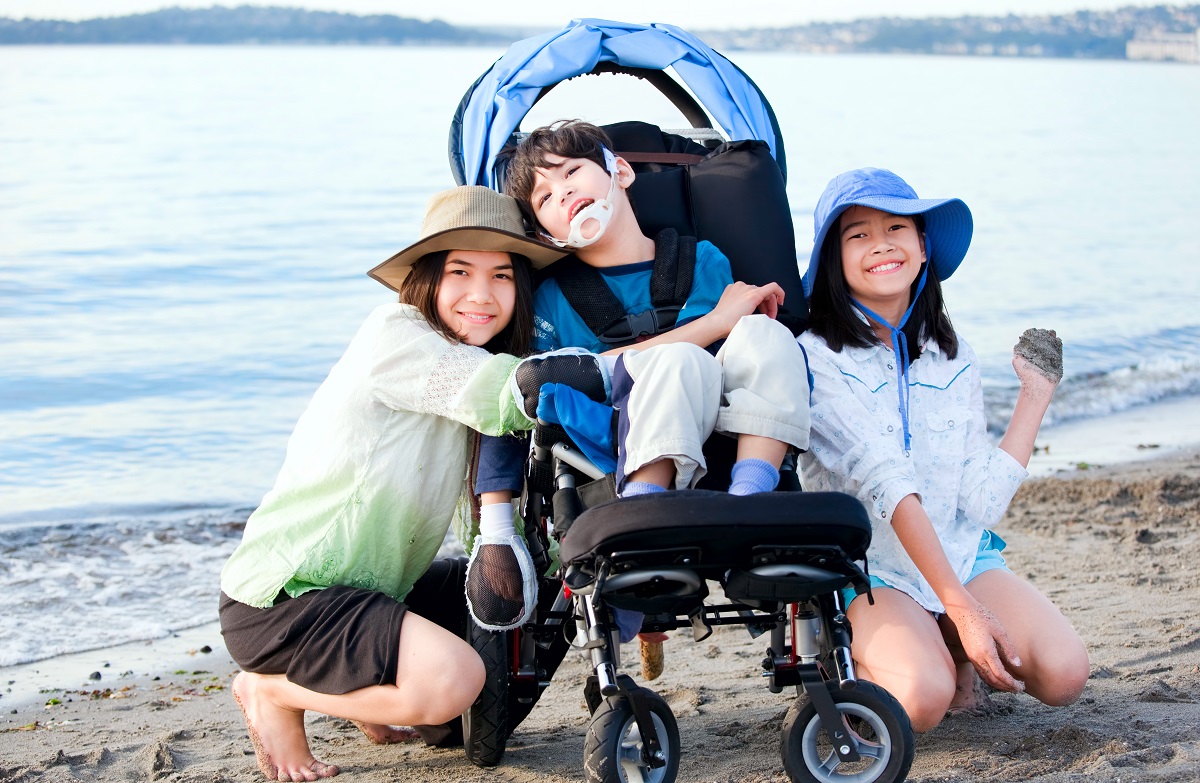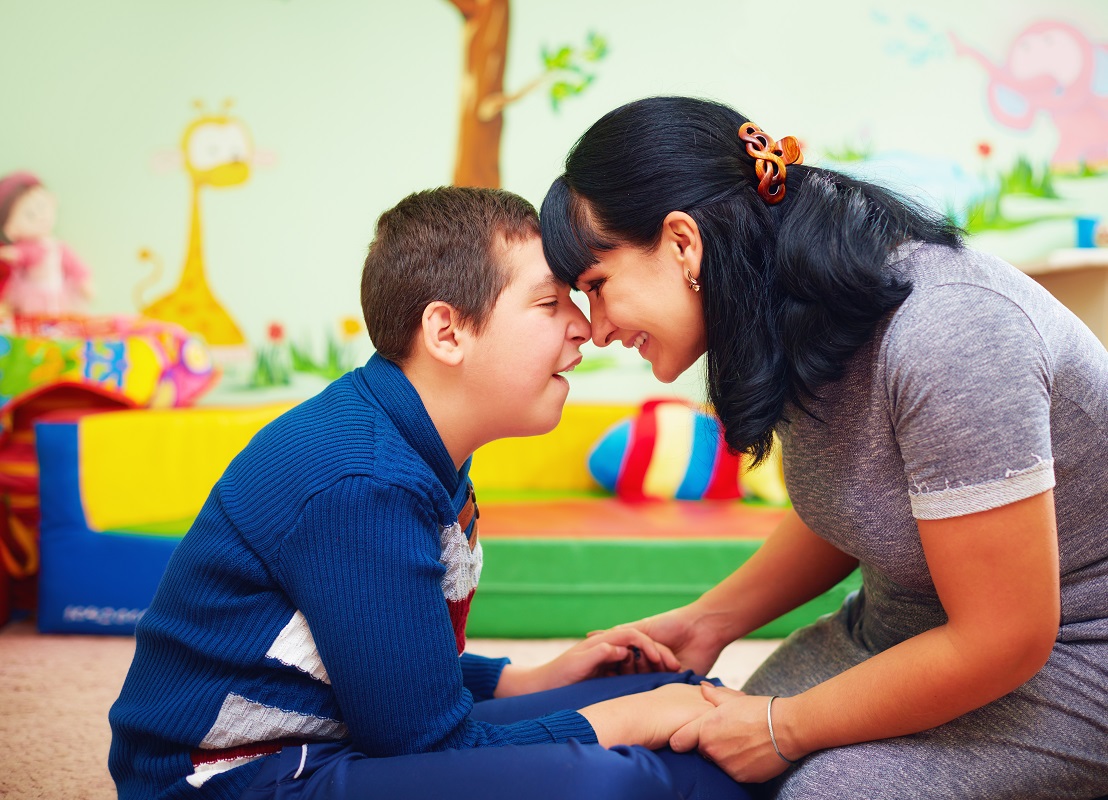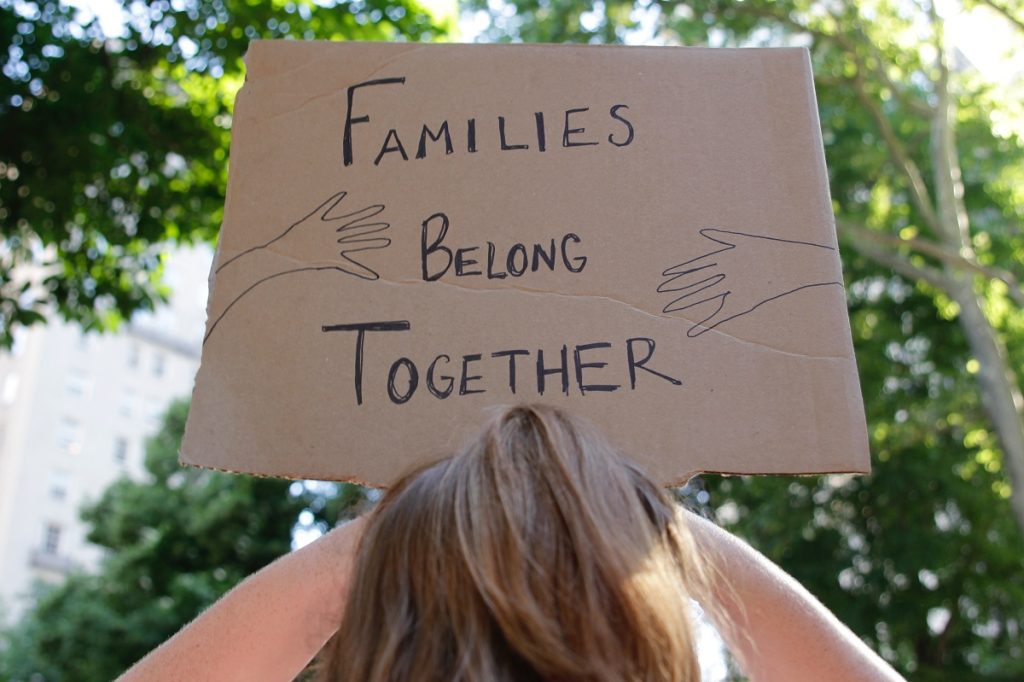- Proactive citizens can empower individuals with disabilities and their families by creating an inclusive and accessible community.
- Building relationships, raising awareness, encouraging empathy and acceptance, and promoting accessibility are all critical elements of a supportive environment.
- Active participation from the community is essential for providing resources and support and identifying available resources for families.
- Tailored NDIS coordination services help meet the needs of families with disabilities through personalized support.
- Ensuring access to healthcare and specialized services is crucial for helping families cope with the challenges associated with disability conditions.
There is a great need for proactive citizenship in supporting families with disabilities. Proactive citizens actively participate in their community, working towards its improvement and development.
Creating a supportive community is crucial to empowering individuals with disabilities and their families. Building a supportive community can raise awareness, promote understanding, and encourage empathy and acceptance toward individuals with disabilities.
Proactive citizenship is essential in supporting families with disabilities and empowering them to live entire and meaningful lives. The role of proactive citizens is to create an inclusive and accessible community by building bridges between people of diverse backgrounds.
When communities are supportive, families with disabilities have better access to the necessary resources, such as medical care, education, and social services.
This blog post will give insights into how we can create a supportive community for families with disabilities through proactive citizenship.
Building a Supportive Community
Creating a supportive community starts with building relationships and connections. Families with disabilities need to feel connected to their community and have a sense of belonging. Community members can start by contacting families with disabilities and offering them a helping hand.
Offering assistance could be helping with grocery shopping, babysitting, housework, and offering a listening ear. Small acts of kindness can profoundly impact the well-being of families.
Raising Awareness and Understanding
Raising awareness and understanding about disabilities is another crucial factor in creating a supportive community. Community members need to be educated about disabilities and how to interact with individuals with disabilities. This can be achieved through workshops, training sessions, and community events.
Creating Inclusive Spaces and Opportunities
Creating inclusive spaces and opportunities is essential in making sure that individuals with disabilities have access to the same resources as everyone else and have inclusive options and employment possibilities that are accessible to individuals with disabilities.
Encouraging Empathy and Acceptance
Encouraging empathy and acceptance toward individuals with disabilities is necessary for creating a genuinely supportive community. Schools, businesses, and organizations can promote compassion and acceptance through education and awareness campaigns.
Promoting Accessibility and Inclusion
Promoting accessibility and inclusion is crucial for creating a welcoming and supportive community. Accessibility includes providing physical accommodations such as ramps, accessible parking, and wheelchair-accessible bathrooms. Inclusion includes:
- Valuing and celebrating diversity.
- Promoting accessible communication.
- Ensuring that individuals with disabilities have meaningful participation in decision-making processes.
Proactive Citizenship: Engaging the Community
Proactive citizenship requires active participation and involvement from the community. Here are some ways to proactively support people with disabilities in the community.
Encouraging Active Participation and Involvement
Encouraging active participation and involvement is vital to creating a supportive community by involving individuals with disabilities and their families in decision-making processes and community events.
Rousing community members to join disability organizations and support their efforts can promote inclusion and empowerment.
Collaborating With Community Organizations and Stakeholders
Collaborating with community organizations and stakeholders can help to create a more impactful and sustainable approach to addressing the needs of families with disabilities. By working together, communities can make more comprehensive and effective programs and services to support individuals with disabilities.
Advocating for Policies and Services That Support Families With Disabilities
Advocating for policies and services that support families with disabilities is crucial for creating real change. This includes advocating for equal access to education, healthcare, and social services for individuals with disabilities.
Supporting more accessible and affordable housing and transportation can also positively impact the lives of individuals with disabilities and their families.
Empowering Individuals and Families to Take an Active Role
Empowering individuals and families to take an active role in their community is essential to proactive citizenship through providing opportunities for leadership development and skill-building for individuals with disabilities and their families.
It also involves creating a culture of inclusion and acceptance that empowers everyone to participate in community life.

Providing Resources and Support
By providing resources and support, families with disabilities can cope and manage their loved one’s condition. Resources such as adaptive equipment, assistive technology, and support groups can positively impact the family’s well-being by improving their mental and emotional health.
Identifying and Connecting Families With Available Resources
Identifying and connecting families with available resources can improve outcomes for individuals with disabilities. Community centers, hospitals, and schools are great resources for families with disabilities.
They can provide valuable information about resources such as local support groups, financial aid, and respite care. Connecting families with these resources can significantly improve their lives, enabling them to go beyond disability conditions and realize their potential.
Establishing Support Networks and Community Groups
In establishing support networks and community groups, families with disabilities can benefit from emotional and practical support.
Being part of a community that shares a common goal helps families cope with their loved one’s condition by reducing isolation, providing emotional support, and sharing knowledge about available resources. Support groups are also an excellent platform for families to understand and live with Disabilities.
Tailoring Support for Families Through Personalized NDIS Coordination Services
The Australian National Disability Insurance Scheme (NDIS) is an insurance scheme that provides support to Australians with disabilities. Personalized NDIS coordination services can help families with disabilities access and receive appropriate support that suits their needs.
NDIS coordination is essential to creating a supportive community for families with disabilities by tailoring support services to an individual’s needs.
Moreover, it’s a way of acknowledging the needs of families with disabilities and being willing to take active steps to meet them. The personalized support helps the families build resilience and empower them to live a life of independence and dignity.
Promoting Education and Training Opportunities
Promoting education and training opportunities can significantly improve the lives of families with disabilities. This can include training on managing disabilities, financial planning, and promoting education for better employment opportunities.
Education and training opportunities can also enhance family members’ skills to become more proactive citizens in the community.
Enhancing Access to Healthcare and Specialized Services

Access to healthcare and specialized services is essential for families with disabilities. These families face many unique health challenges.
For example, mental health issues can arise due to the stress of caring for loved ones with disabilities. Ensuring families with disabilities access quality healthcare services can help alleviate some of these challenges.
Creating a supportive community for families with disabilities requires a proactive citizenship approach through building connections and relationships, raising awareness, promoting inclusion, and advocating for policies and services supporting equality.
Working together can create a more equitable and inclusive community that values and celebrates diversity. By empowering individuals with disabilities and their families to take an active role in their community, we can create a more vibrant and prosperous community for all.


